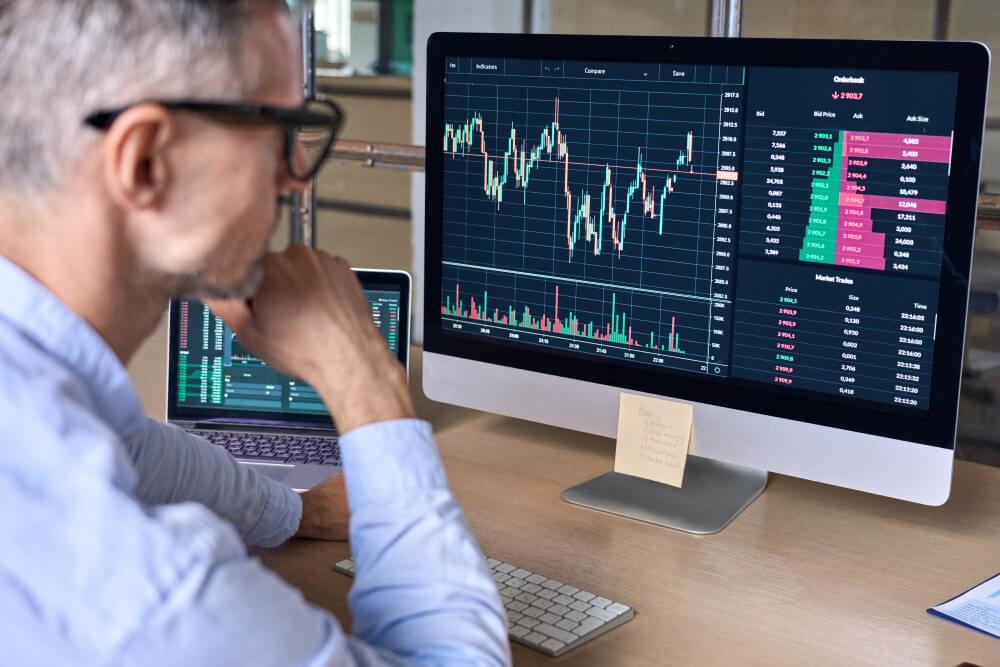
The forex market is surely an opportunity for profit opportunities for those who are proficient in market knowledge and trade skills. The forex market is decentralized, meaning that currency exchanges are conducted around all hours, seven days a week. Its turnover per day is over $7 trillion. The forex market is lucrative, however it is also a challenge. This is where the function of a broker for forex is essential. Today, we will discuss the importance of a foreign exchange broker in your trading experience.
The primary function of a forex broker is to provide market access. Forex brokers are a type of middleman that allows traders to easily access the forex market, which is where currency buying and selling occurs. They connect traders with the market and enable them to execute trades with precision. Retail traders won’t be able to take part in the forex market without having a broker.
The second function of a forex broker is to offer you the most crucial tools and resources for trading. Brokers offering forex provide traders with various trading tools, from the least basic to the most advanced. This assists them in making more informed choices. These tools include technical indicators and charts along with economic calendars, feeds of news, and educational materials. By offering traders these resources forex brokers allow traders stay abreast of current market developments and make smart trading decisions.
The third function of a broker in the forex industry is to offer assistance and direction. For beginners, forex trading can be complex and difficult. Brokers offering Forex offer their customers support and guidance, helping to navigate the market and to make profitable trades. Clients can seek assistance via live chat, phone, as well as email.
The fourth responsibility of a broker in the field of forex is to manage risk. The level of risk involved in trading with forex demands traders to manage their risk. Forex brokers offer traders instruments to manage risk, for example, automated limit orders and a stop-loss order. These help limit the risk of losses and safeguard profits. Additionally, they offer traders the option of using leverage to increase the amount of profit they earn and also increase their risk. Forex brokers aid traders comprehend the risks involved with trading, and also provide the tools necessary to manage these risks effectively.
A broker’s fifth job is to offer access to financial markets that are not available elsewhere. Forex brokers usually provide trading on other financial markets, such as stocks, commodities and cryptocurrencies. By allowing access to these markets forex brokers let traders diversify their portfolios and make use of trading opportunities that are not available in the forex market.
It is obvious that a broker for forex plays the most important part in shaping the overall experience trading. They give you access to the market, trading tools and resources, help and guidance, assist with risk management and allow you to access other financial markets. You should take the time to locate a broker that matches your preferences and requirements for trading. With the right broker, traders will enjoy a satisfying and profitable experience trading on the market for forex.



